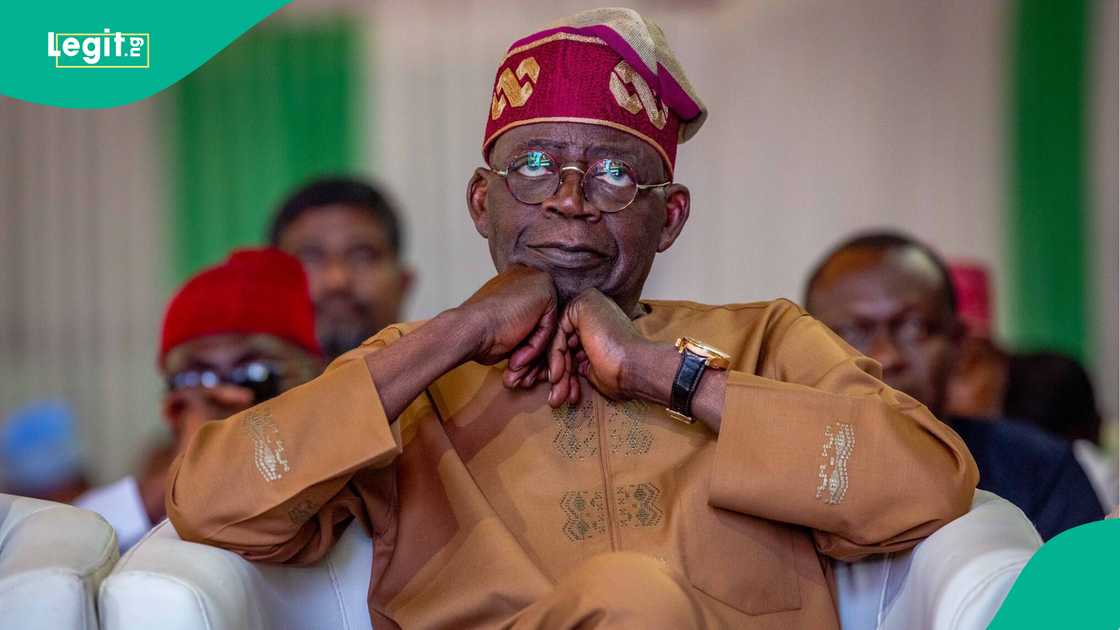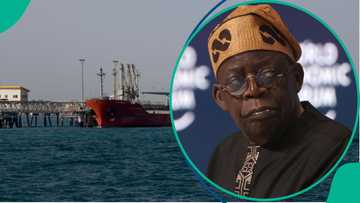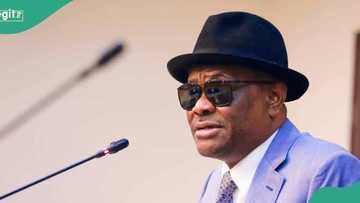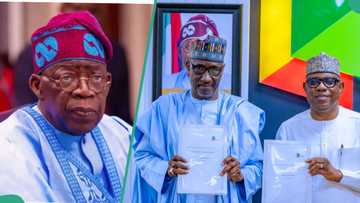FG Finally Restructures Electricity Industry, Announces Transmission Company’s New Model
- FG has announced the division of the Transmission Company of Nigeria into two businesses; the Independent System Operator and the Transmission Service Provider
- The government of Nigeria formally inaugurated the board and management of the Nigerian Independent System Operator
- The TSP will be in charge of TCN's physical infrastructure under the new organization, while the NISO would oversee system operations
Don't miss out! Join Legit.ng's Sports News channel on WhatsApp now!
Legit.ng journalist Zainab Iwayemi has 5-year-experience covering the Economy, Technology, and Capital Market.
The Transmission Company of Nigeria (TCN) has been split up into two companies, marking a major step in the Nigerian government's efforts to modernize the nation's electrical industry.

Source: UGC
The board and management of the Nigerian Independent System Operator (NISO) were officially inaugurated by the government on Tuesday.
In April 2004, the TCN, which oversees the country's electrical transmission network, was one of 18 businesses that were separated from the now-defunct Power Holding Company of Nigeria (PHCN). It received a transmission license a year after being incorporated in November 2005.
Premium Times reported that the Transmission, system operation, and power trading are among TCN's authorized activities. At the moment, the government owns and runs the entire business.
The Nigerian government alluded to intentions to split the TCN into two organizations in December 2023.
Minister of power speaks on division
The Nigerian Energy Supply Industry (NESI) transmission sub-sector has been highlighted as a significant weak link in the energy value chain, according to Adebayo Adelabu, Nigeria's Minister of Power at the time.
“To align with the Electricity Act 2023 and the industry’s demands, it’s time to restructure the Transmission Company of Nigeria (TCN) into two entities: the Independent System Operator (ISO) and the Transmission Service Provider (TSP),” Mr Adelabu said at the time.
Under the new arrangement, the NISO will be in control of system operations, distributing load from generating companies to distribution firms and qualified customers, while the TSP would be in responsibility of TCN's physical infrastructure, such as transmission towers, power lines, and substations.
Abdu Mohammed, NISO's managing director and chief executive officer, stated during the Bureau of Public Enterprises' induction ceremony in Abuja on Tuesday that the organization is dedicated to improving the quality, availability, and dependability of Nigerians' electricity supply.
“You recall the passage of the bill that enacted the Electricity Act 2023, as amended, and the provisions therein for the creation of the Nigerian Independent System Operator. So, going by the law, the NISO has been inaugurated today by His Excellency, the Vice President of Nigeria, Kashim Shettima. We have been inaugurated this afternoon, and we have assumed the job role as described by the Electricity Act 2023.
“Our major role in the power industry is to bring the needed changes in the system that will enhance availability, reliability, and quality of supply of electricity to Nigerians. In addition to that, we’re supposed to create an atmosphere, an environment of transparency, discipline, and orderliness in the electricity business in Nigeria, meaning that participants in generation, transmission, distribution, and eligible customers behave in a passionate manner in line with the provisions of the market rules and the grid code,” he said.
He added that the NISO Board of Management's arrival will bring these attributes that are necessary for the power sector to function, similar to those of other power sectors in larger jurisdictions.

Source: UGC
The newly formed NISO's executive and non-executive board members were chosen by President Bola Tinubu last month.
7 firms leave national grid to generate electricity in Lagos, FCT, others
Legit.ng reported that while Nigeria continues to battle its power outage and incessant grid collapses, more institutions are leaving the national grid to generate power.
Another six firms and one private university have just secured their license from the Nigerian Electricity Regulatory Commission to generate and distribute electricity.
The seven firms, which include the Nile University of Nigeria in Abuja, will be generating up to 30MW of electricity under different arrangements.
PAY ATTENTION: Сheck out news that is picked exactly for YOU ➡️ find the “Recommended for you” block on the home page and enjoy!
Source: Legit.ng





